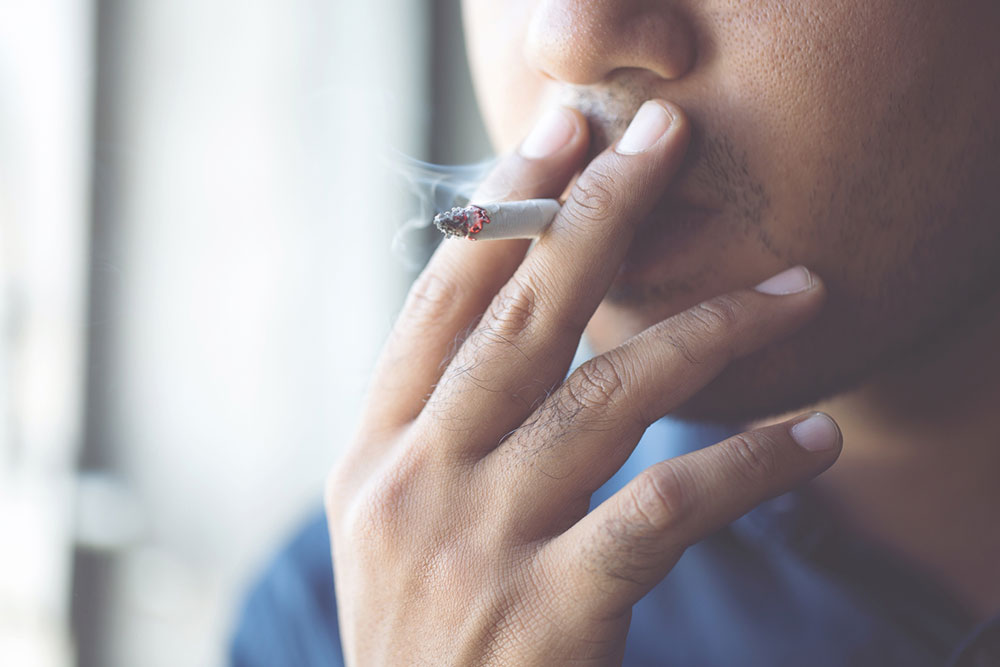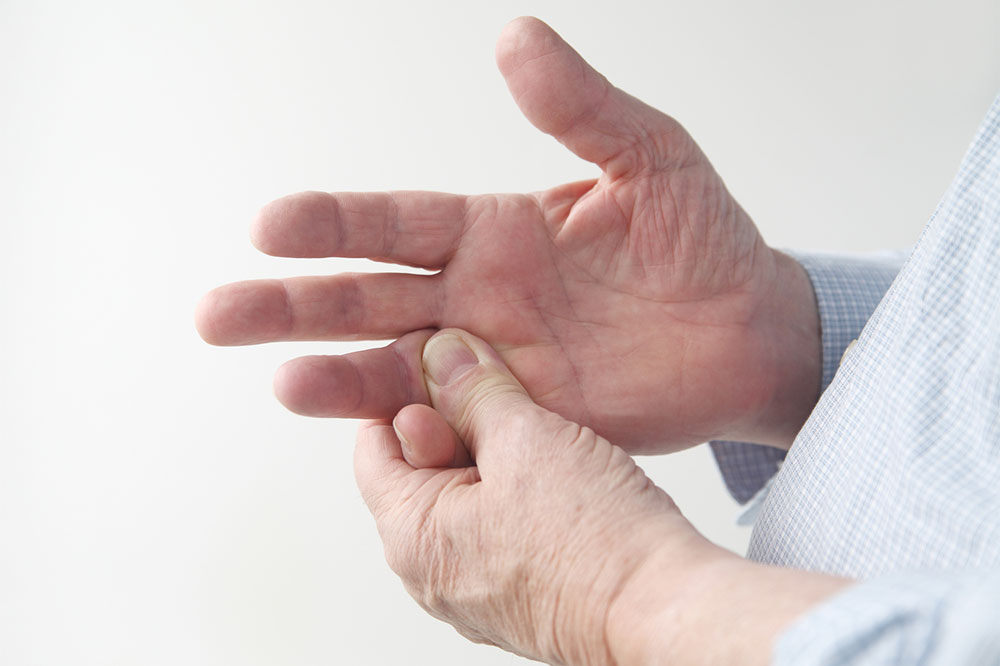5 common odors that can trigger a migraine

Migraines are characterized by intense headaches, often accompanied by nausea, sensitivity to light, and other discomforts. The condition affects millions of people across the globe. While its precise cause is unclear, health experts say environmental factors, including specific odors, could sometimes contribute to the condition. Identifying and avoiding these problematic odors may help people manage the symptoms better. Below are five common odors known to trigger or worsen migraine episodes.
Cleaning agents
Common household cleaning products, especially those with ammonia, bleach, and other potent chemicals, emit distinctive odors that can act as migraine triggers. Ventilating the room while cleaning and using less-odorous or scent-free solutions are crucial in minimizing exposure to these fumes.
Art supplies and paint
Art supplies, including paints and solvents, often emit strong chemical odors that can induce migraine attacks among artists and hobbyists. Adequate ventilation is essential in this case. Patients can also use low-odor or odorless colors that let them pursue their artistic passions without risking migraine onset.
Pet odor
Although cherished companions, pets can release dander and odors into the air that may trigger migraines in sensitive individuals. Grooming the pet regularly, maintaining a clean living environment, and designating pet-free zones within the home can help mitigate exposure to these potential triggers and better manage the condition.
Car exhaust
Inhaling the fumes emitted by a car’s exhaust may harm migraine patients. Some engines release high levels of carbon monoxide, resulting in symptoms like nausea, dizziness, shortness of breath, and headaches on entering the body. To ensure migraine attacks don’t occur, patients must wear protective gear and be mindful when checking the car exhaust.
Gasoline
People are often advised to be careful when dealing with gasoline. This is not just because it is a combustible chemical. The vapors of this compound cause the body’s blood vessels to dilate. If inhaled in excess, they can make one’s head feel heavy and result in a throbbing migraine. Individuals must use noseplugs to avoid inhaling toxic fumes when working near gasoline.
Leather, body odor, sweat, and garbage are other problematic odors patients might want to avoid.
Other smells that can trigger a migraine
Besides the above, the following smells can trigger or worsen a migraine and should hence be avoided:
Perfumes and fragrances
Perfumes and fragrances, used frequently in personal care and household products, can be powerful migraine instigators. The diverse chemical compounds that compose these scents can overstimulate the olfactory system, potentially leading to migraine onset. Those sensitive to fragrances should choose products with milder, natural scents to manage their symptoms and reduce the frequency and intensity of their attacks.
Spicy food aroma
While rich in flavor, spicy foods like onions, garlic, and certain spices emit strong aromas that can trigger migraines. Cooking in well-ventilated spaces and using milder ingredients in recipes can help one enjoy their meals without risking migraine onset. Using garlic and onion powders may work for some people.
Synthetic scents
Commercial air fresheners and deodorizers often contain synthetic fragrances that can be migraine triggers. Opting for natural, unscented alternatives or investing in essential oil diffusers or potpourri bowls can help maintain a pleasant environment without exposing patients to aggravating odors.
Floral fragrances
While adored for their natural beauty, some flowers emit scents that can be potent migraine triggers. Opting for flowers with milder fragrances or choosing unscented alternatives allows individuals to enjoy their presence without the risk of triggering a migraine.






